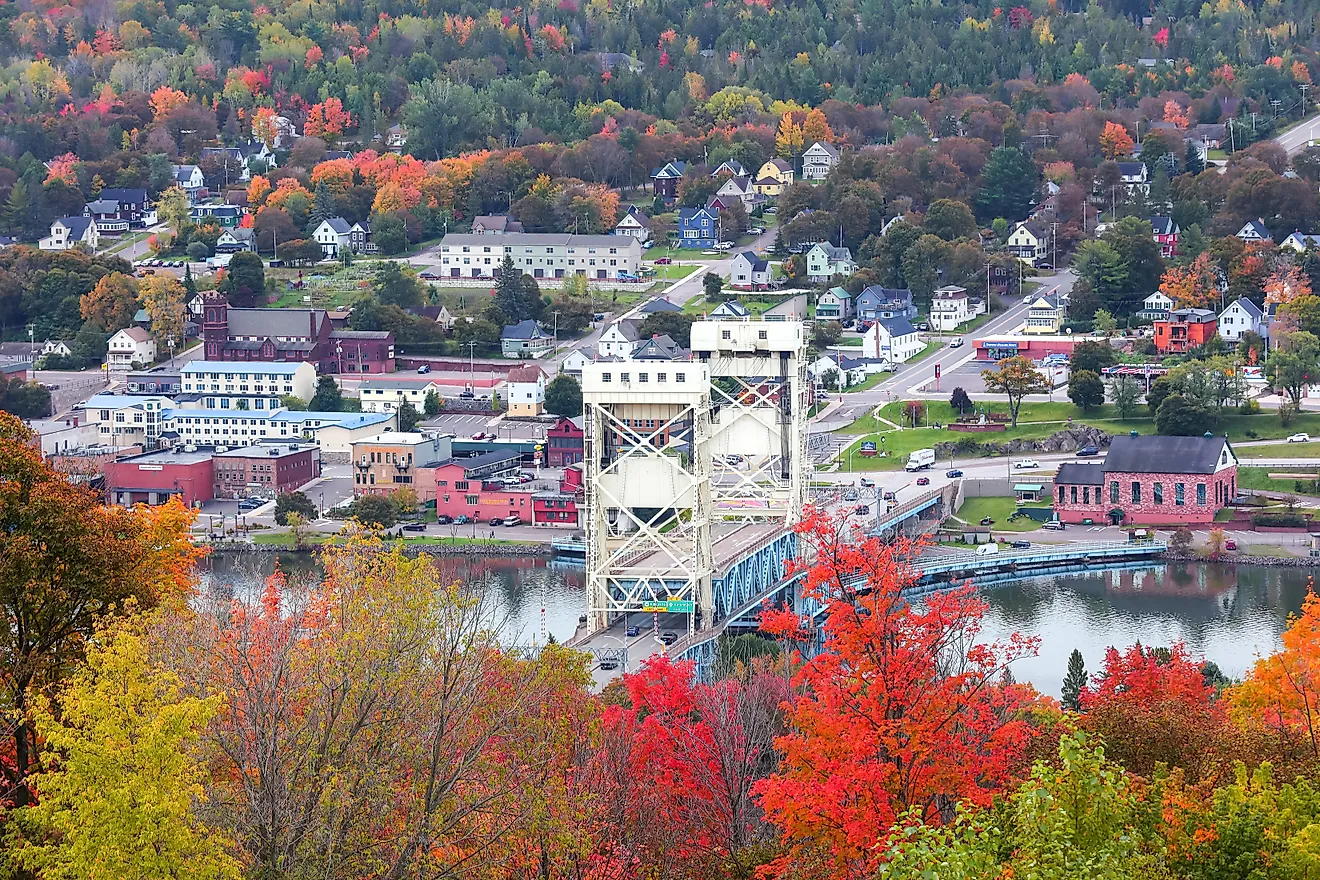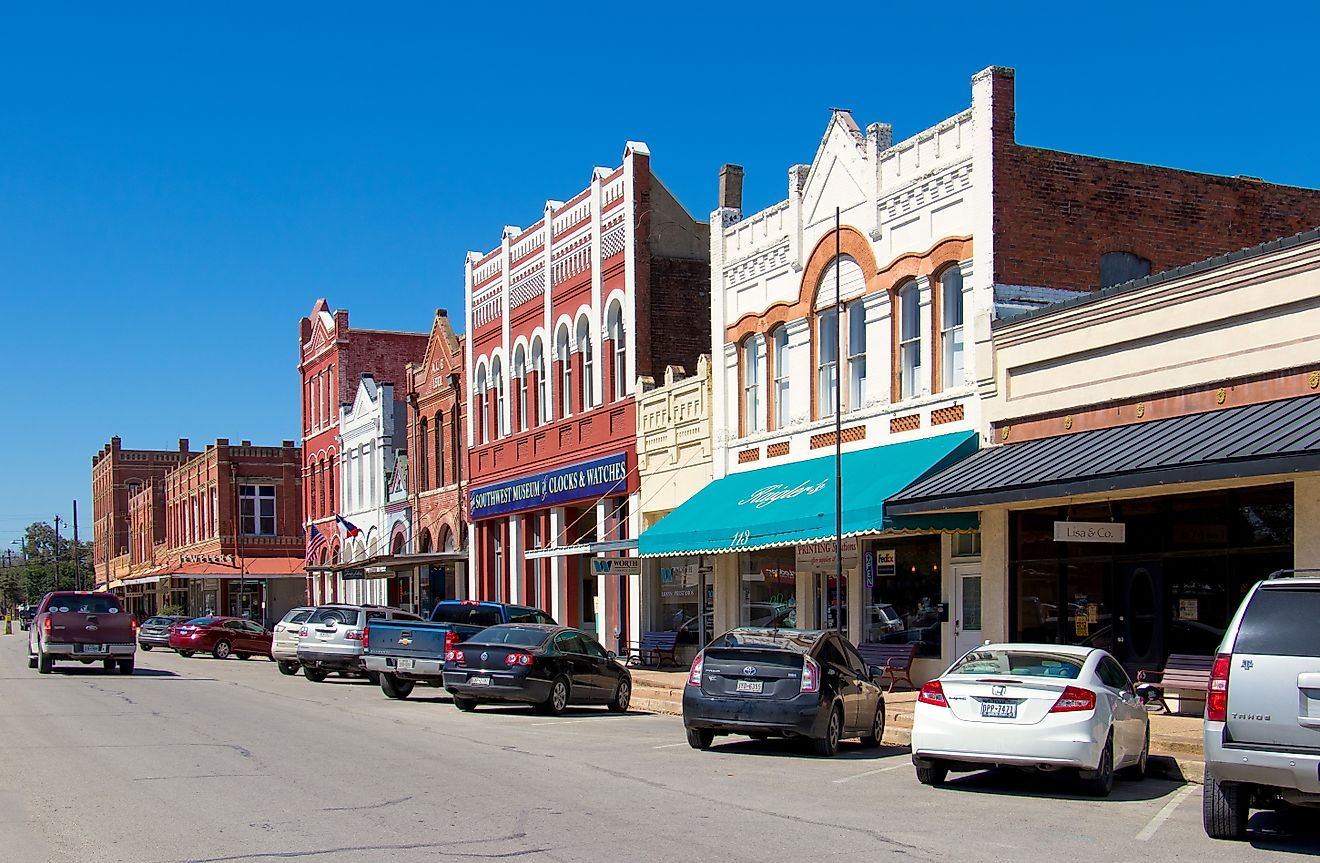
This Arkansas Town Is Older Than the State Itself
On June 15, 1836, Arkansas became the 25th state in the union. However, Native Americans have inhabited the region along the Mississippi since at least 500 A.D. It may seem odd that Arkansas's oldest town predated the state by two centuries, but knowing the region's history before it accepted statehood reveals why. Its history also explains the strategic significance along two major waterways, the Mississippi and Arkansas Rivers, and why this was a post during the Revolutionary War.
Arkansas Post has a layered history that is much like American history, primarily the Louisiana Purchase. This history is closely tied to the town's location and the benefits it provided to early settlers. It was also the first capital of the Arkansas Territory, adding regional significance to its national prominence. The small town's convoluted history contains stories about power-hungry Frenchmen, war, and struggling for economic vitality, making the town what it is today.
Territory History
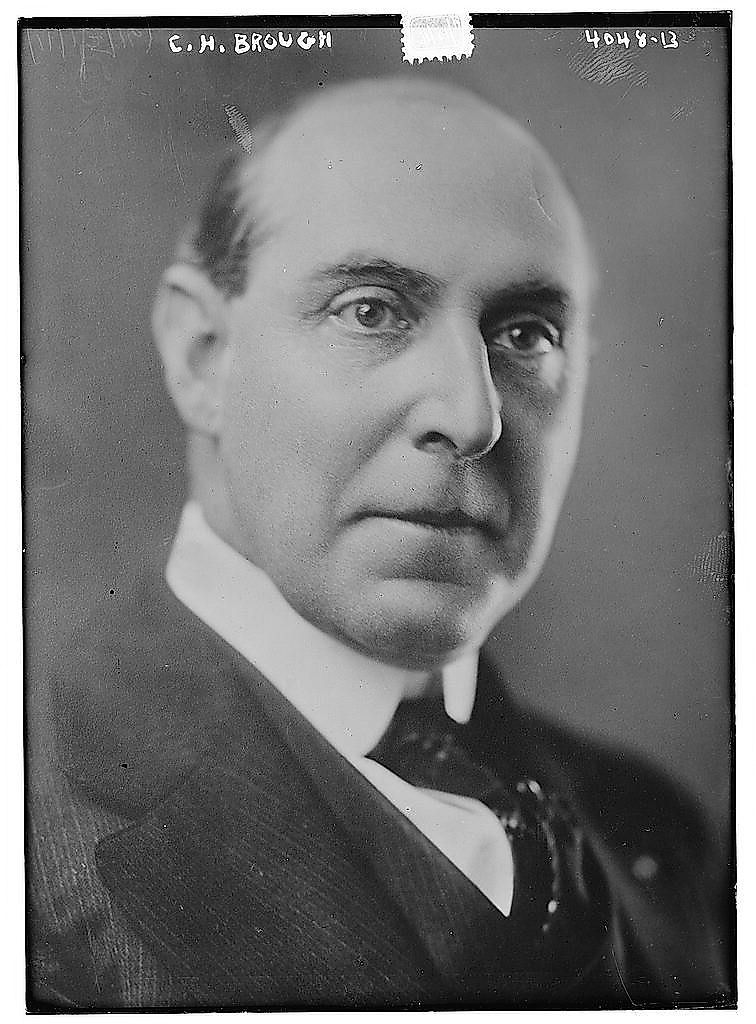
Thirty-three years before it became a state, the Arkansas territory was acquired from France during the Louisiana Purchase in 1803. Unique forces, including geographical factors, shaped the landscape and the culture from the outset. Migration routes to the West Coast generally bypassed the territory because of its physical geography, leaving it more rural and less populated than its urban neighbors.
In the early 20th century, state leaders looked for ways to promote rural areas as tourist-friendly. The state's official nickname, "The Wonder State," was coined in 1923 by then-Governor Charles H. Brough, but the reputation of the state as a rural backwater prevailed. A group of businessmen in the 1940s changed its moniker to "Land of Opportunity" in hopes of attracting outside investors to promote businesses, and the plan worked, with local companies receiving outside investments that spurred economic and population growth.
Arkansas Post History
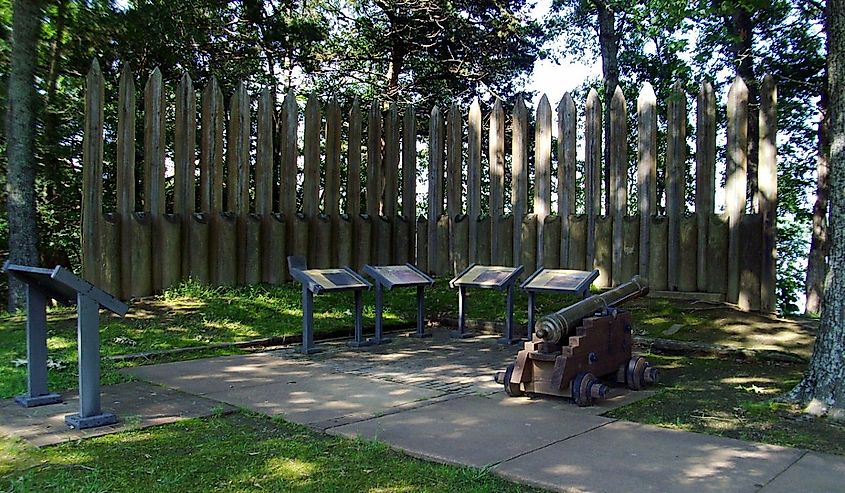
In 1960, Arkansas Post was authorized as a National Memorial for being the first European settlement in the Mississippi Valley. The territory had been inhabited by Native Americans since at least 500 A.D. However, Frenchman Henry de Tonti settled in a French settlement in 1686. It was ceded to Spain in 1762 and was the site of a Revolutionary War battle in 1783. It also hosted a Civil War battle in 1863.
In its colonial and early national periods, from 1686 to 1821, the settlement operated as the regional governmental, military, and trade headquarters for the French, the Spanish, and finally the United States. As the trading post shifted governmental control from French to Spanish to American, it witnessed the birth of the American frontier, giving it a unique position in American history. It cannot be overstated how vital its river location and long-standing alliances with different people groups made it a strategic location during skirmishes and major wars.
John Law and the Mississippi Bubble

By 1686, Arkansas Post was a viable French trading post between New Orleans, Illinois, and Louisiana. However, the French government realized that to compete with Great Britain, it would have to establish profitable settlements. John Law was a Scottish economist and banker with a penchant for gambling, and was kicked out of more than one European nation. He secured a government post in France to alleviate the country's debt. As such, he agreed to set up a 6,000-person settlement in the Arkansas territory with a 12-square-mile concession for himself in 1719.
A year later, Law's stock rose so fast that it created an economic bubble. This, combined with his control over France's monetary system, caused massive inflation throughout Europe. In 1721, Law's stock price plummeted, bringing his ambitious Louisiana plans to a grinding halt.
Law's primary goal was to settle Louisiana and establish Arkansas as a Duchy of Arkansas, with Law as duke. With this settlement and Law's other plans, including the "Mississippi Scheme," he soon became the most powerful man in France. However, under his control, the banks were printing paper money on credit, and soon, this "Mississippi Bubble" burst. The banker left France in shame, and his properties were confiscated. This history and many others include the Arkansas Post in its orbit, giving it a unique backstory.
How Arkansas Post Received Its Name
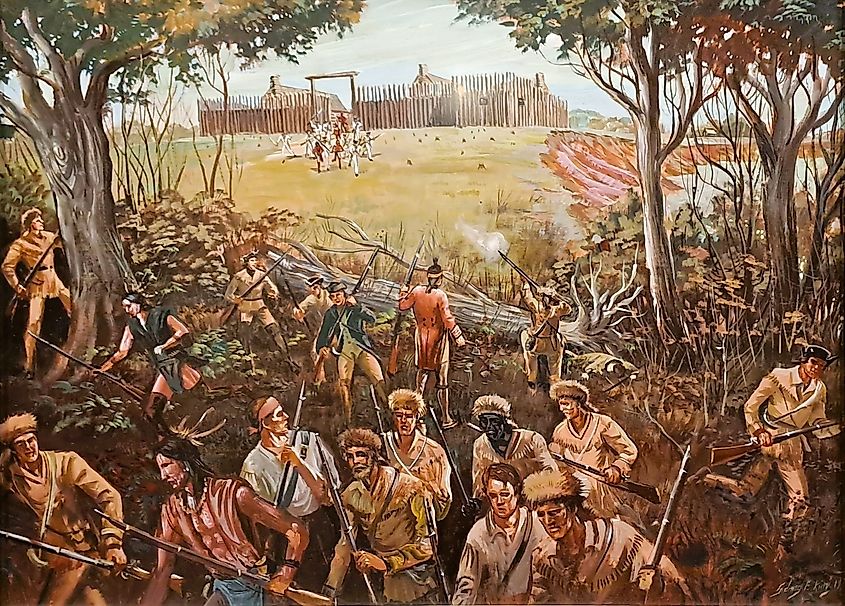
Counterattack! by Sidney E. King shows the sally made by the Louisiana Fixed Infantry Regiment and Quapaw during the April 17, 1783 British partisan raid on Fort Carlos III. via Wikicommons
In the summer of 1686, Henri de Tonti arranged with the local Quapaw to establish a trading post on behalf of Jacques Cardinal and other Frenchmen. He received this designation in return for serving in René-Robert Cavelier and Sieur de La Salle's 1682 expedition. This decision was primarily based on the area's location between the Arkansas and Mississippi Rivers. After acceptance, Tonti built a small wooden house and fence, officially the first French Settlement west of the Mississippi River.
The settlement was called "aux Arcs," or the home of the Arkansas, another designation for the Quapaw. The Quapaw were eager for French trading and supplied the Post with essentials and military aid. Without this aid, Arkansas Post would not have survived. The following year, Lasalle's brother and Henri Joutel showed up at the trading post after a mutiny in Texas killed Lasalle. It took until the late 18th century to establish a viable trading economy. Still, the Post became an essential trading and military establishment for the following centuries under different governments until it became an American territory in 1803.
Arkansas Post is older than the state, and has a fascinating history spanning various governments and people groups. The Post played a significant role in the Revolutionary and Civil Wars, and is a commercially viable area because of its location between two major rivers. Studying its history gives a unique glimpse into frontier life and the importance of these rural areas to the state's development.
